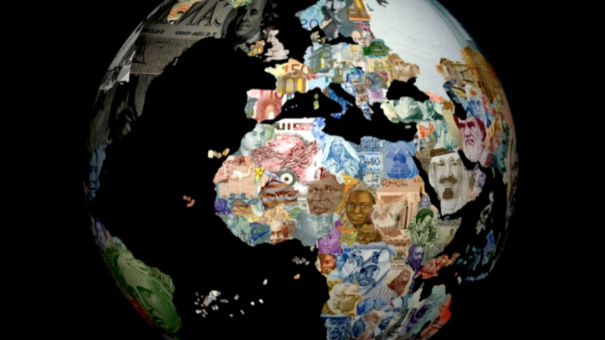Towards the secular stagflation?
21.09.2023
The world economy will continue to gravitate towards oil dependence over the next decade as alternative energies still need huge subsidies to be viable in developing countries, fracking raises environmental concerns and the inertia of oil assets will not allow large companies to abandon their existing equipment and infrastructure.
Decline in crude oil production
According to the Association for the Study of Oil and Gas (ASPO), global production of conventional crude oil has already begun its decline, a phenomenon explained by the methods of analysis of the geologist King Hubbert on the production of oil in the United States, method known as the "Hubbert curve".
Thus, the current production of oil comes in more than 60% from mature fields,(which have more than 25 years of being exploited intensively) so the new prospections are carried out in more remote regions (Arctic, Amazon) with higher production cost (120 $) and lower profitability, often threatening reserves and natural parks (Arctic, Alaska, Amazon) and being the gap between global consumption and discoveries of new farms abysmal (in a ratio of 4 to 1).
Side effects of the oil surge
The International Energy Agency (IEA), in a report entitled "Global Energy Investment Outlook", warns that it will be necessary to invest 48 billion $ until 2035 to cover the growing global energy needs. The main developed countries have strategic oil reserves that they use exclusively for use in critical situations to guarantee domestic consumption for a couple of months, but according to the US Department of Energy, reserves in that country would have suffered a brutal decline of 20%.
Also, global inventories would have suffered a fall in the second quarter of 57 million barrels in global inventories, what coupled with the production cut agreed between Russia and OPEC until the end of 2024 and the lack of resolution of the Iranian dispute, have caused a daily deficit of 15 million barrels per day in 2023 and a dangerous "supply anxiety" to increase the inventories of countries, causing the escalation of Brent crude to exceed 90 $ a barrel.
This will put a strain on inflation rates in the US and the EU, which will have the side effect of increasing the price of money by central banks and the economic suffocation of countless countries with a stratospheric public debt. Likewise, the spectacular increase in the price of crude oil could cause a psychosis of shortage that will have its reflection in a savage increase in transport freight and agricultural fertilizers.
This, combined with unusual droughts and floods in the traditional world granaries and the consequent application of restrictions on the export of commodities from those countries to ensure their self-sufficiency, will end up producing shortages in world markets, rising prices to stratospheric levels and the resulting global food crisis, The subsequent entry into recession of the world’s main tractor economies, which would lead to a dangerous scenario of secular stagflation, cannot be ruled out.








